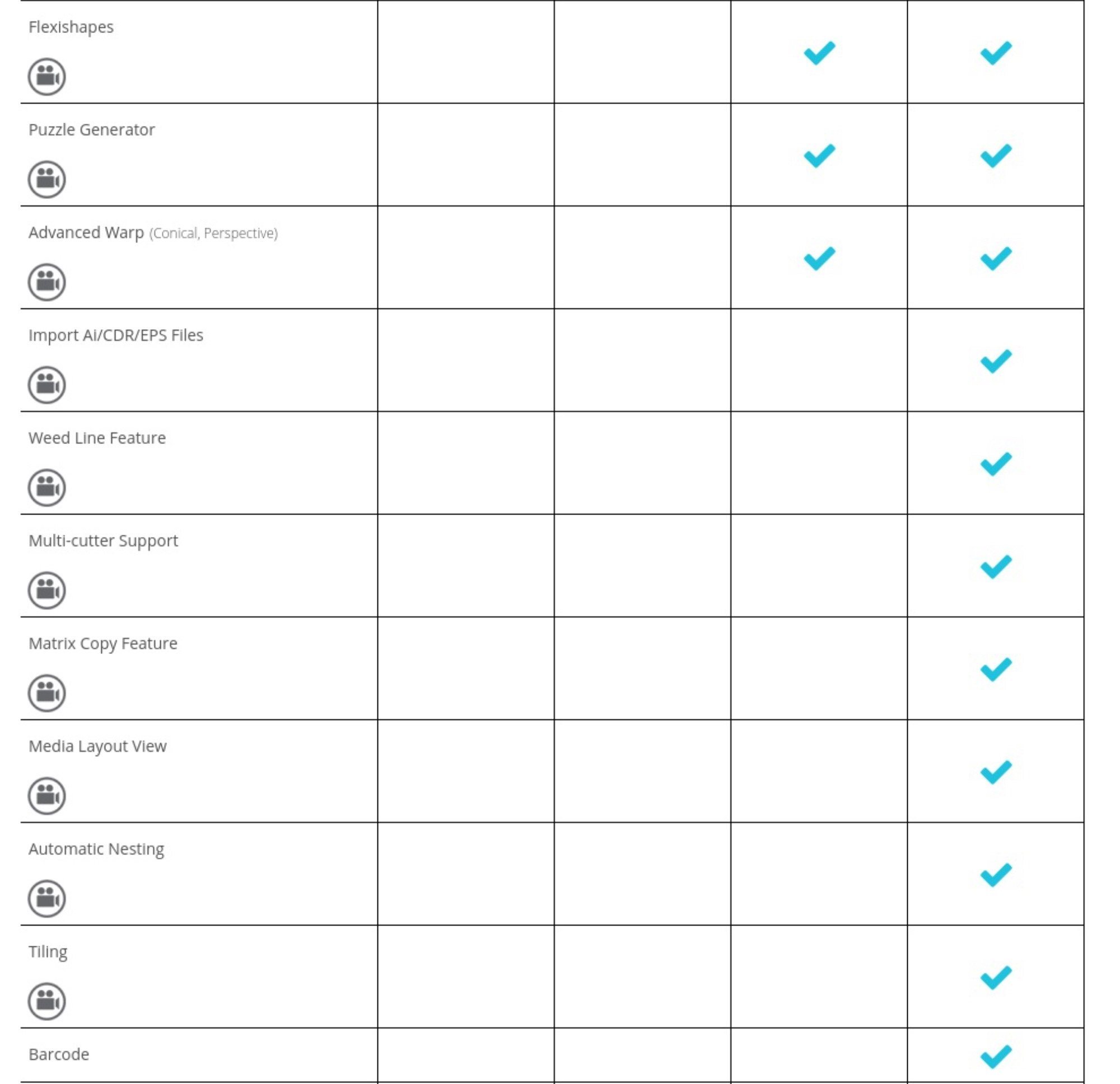

Erase everything in it by pressing Command + A to select all and then press the delete key. In the window that opens, you can edit the Hosts file just like any other file in a text editorĭouble-click the hosts file (on the desktop), and it will open in TextEdit (or any default text editor on your Mac). To start editing it, you need to right-click on it and select the editor that you would prefer to work with (you can use the standard TextEdit).

There will open a system folder in which the Hosts file is located.Paste the following into the same file: # Host Database # localhost is used to configure the loopback interface # when the system is booting. Drag the Hosts file from the Finder window onto your desktop.When adding multiple entries, make sure each one has its own line. You could also outright block malicious websites with a 0.0.0.0 address. Using the Mac Hosts file this way you can literally input any TCP/IP you need, from other websites to your own development server to your Mac (just type in 127.0.0.1), which can be useful when you want to avoid using social media or other distractions.Back up the hosts file: Choose File > Save As, save the file as hosts.backup, and then click OK Select Notepad for the application to open the hosts file. Right-click the hosts file and select Open.

#Printing cdr file mac typeface messed up how to#
Home Adobe mac hosts file How to Edit the Hosts File on macOS (Mac OS X


 0 kommentar(er)
0 kommentar(er)
